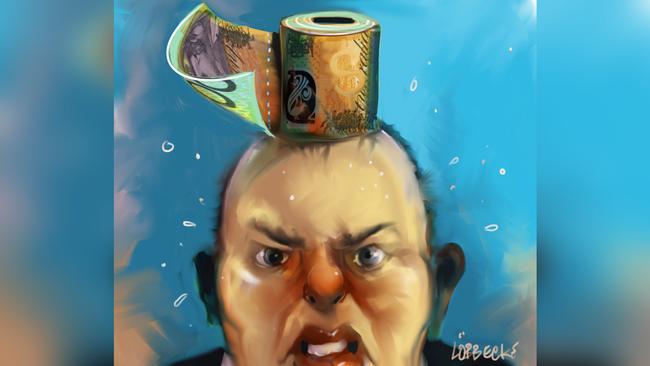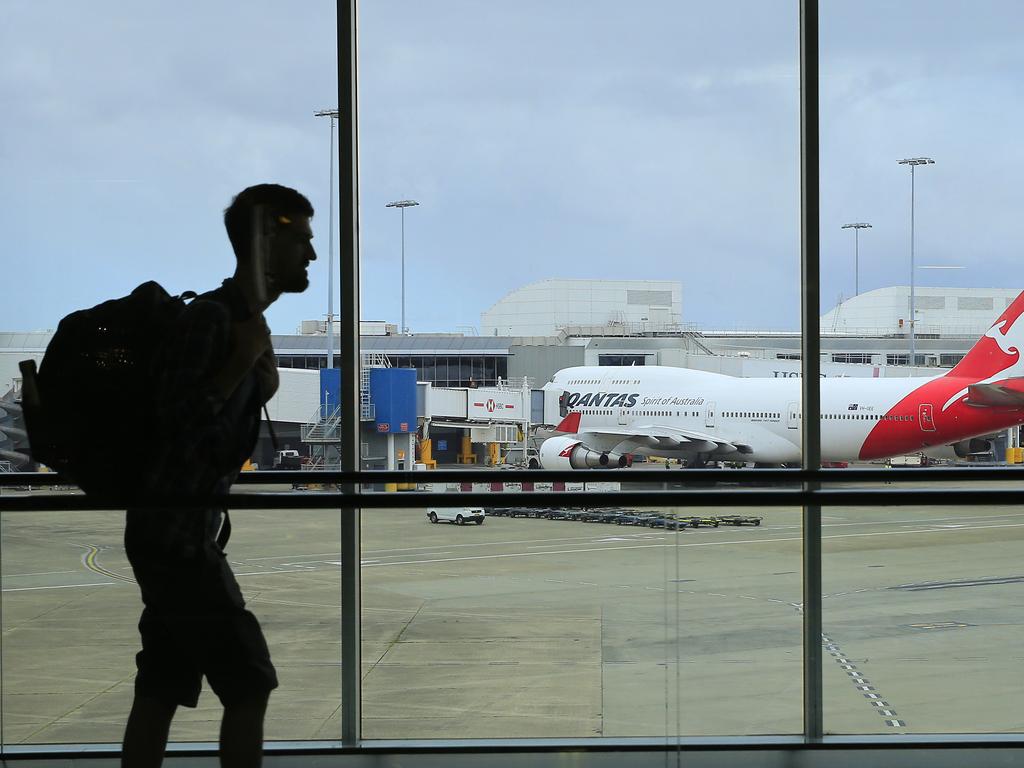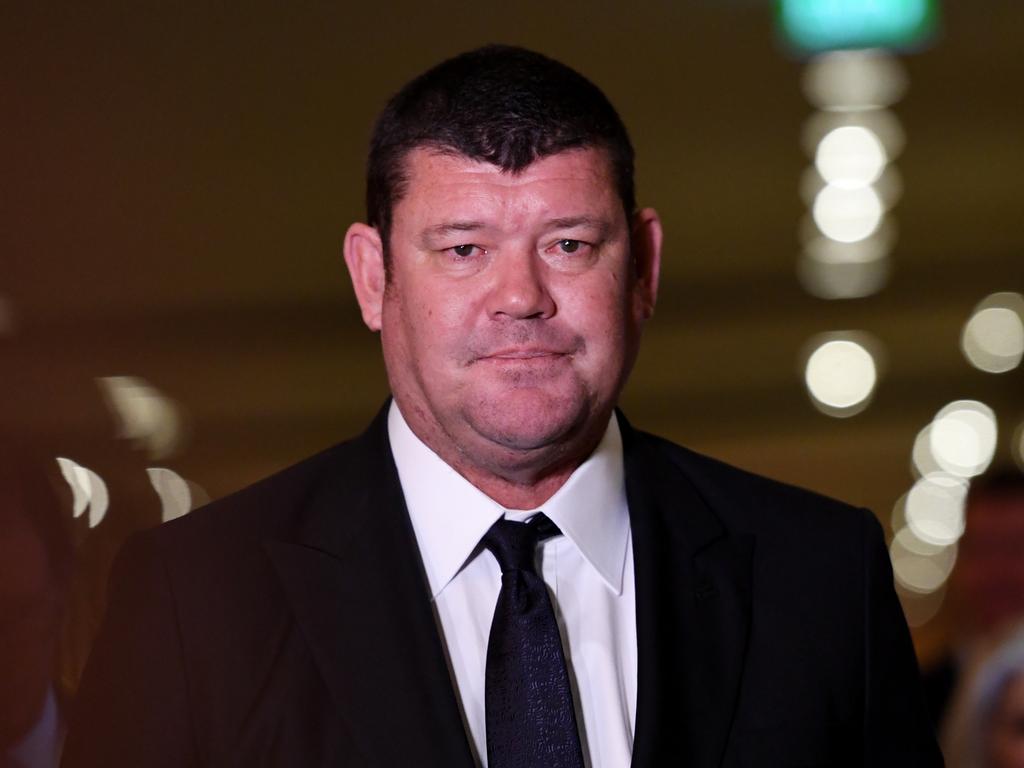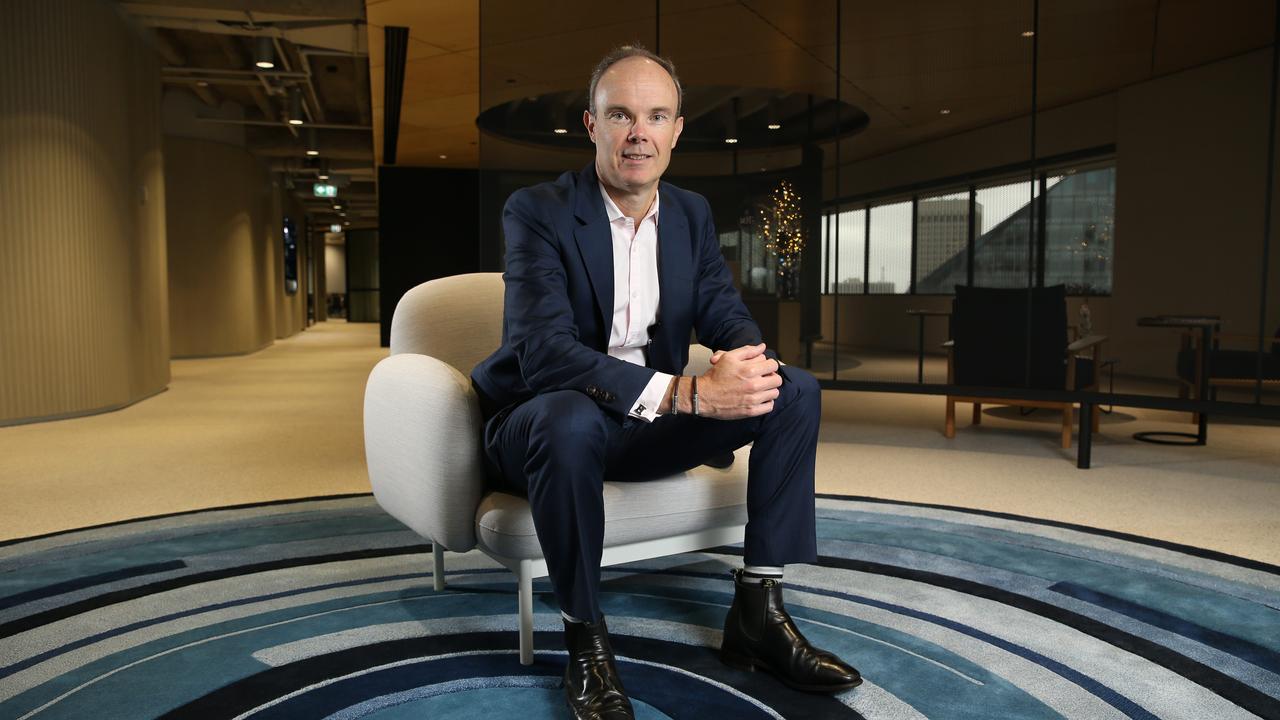
The US and Australian economies are facing a confidence hit due to the impact of the coronavirus which is reflected in the extraordinary volatility on global stockmarkets.
The Australian market has gone from arguably being too complacent to being too bearish in a matter of days, and Tuesday’s bounce provides no real comfort to either side of the argument.
The drastic switch from being down 4 per cent to closing up 3 per cent was due to the move in US futures on the hope for some sort of stimulus package from US President Donald Trump.
Scott Morrison is due to have his package out on Wednesday and while that might not move markets it will be closely watched because the Australian economy went into the crisis of confidence in a weakened state compared to the US.
This is why the market will be looking for a more comprehensive package than just targeted bushfire and virus relief.
That said, the market will be looking for more than handouts from the politicians and it will take some signs the virus is under control before the market is ready to roll forward.
Sadly that didn’t appear to be the case.
UniSuper’s John Pearce had declared when the virus stops spreading in the US it will be time to buy and in that case the time hasn’t come quite yet.
ANZ boss Shayne Elliott attempted to set a positive tone at a Melbourne business lunch yesterday saying events like this are why banks exist.
“This is what we do helping people change their time of consumption,” he told the British Australia Chamber of Commerce.
He acknowledged the problem now is that not many in business are looking for money.
Qantas CEO Alan Joyce noted there were more people who had recovered from the virus than affected, which suggests we might be overreacting. You might expect this from an airline boss who has seen demand vanish, but he also has a valid point.
His duopoly partner Virgin is facing more problems because its debt has just increased some 28 per cent to more than $5bn and suffered credit downgrades. This explains why it’s stock price didn’t bounce yesterday.
Credit markets are showing signs of tightening, which means it is not a great time to be trying to roll over debt.
Virgin has $1.2bn in cash and would argue it can trade through the present demand problems.
We can expect shortly to hear more news on capacity cutbacks from Virgin’s Paul Scurragh.
The issue for small business is no one is in the mood for expansion right now, so short of fighting for sheer survival it’s a matter of bunkering down and hoping the virus confidence cuts will be short lived.
Qantas’s cutbacks complete with executive pay cuts was superbly timed for Canberra and of course the airline’s own industrial relations issues.
Franklin Templeton fund manager Andrew Sisson noted before the recent falls the Australian market was too complacent so arguably the correction was overdue.
The market was selling at a price-earnings ratio of 17.5 times which even in an era of low interest rates is ahead of the average. The market is now selling at a more rational 15 times earnings.
No-one would wish the recent volatility on any investor but arguably the correction has a positive note in returning to a more rational market.
Joyce’s timely pay cut
Just as Qantas boss Alan Joyce was explaining how he was cutting international capacity to cope with lower demand, ANZ boss Shayne Elliott was adding to his woes by cutting Australian travel.
ANZ has extended the ban on non-essential international travel to domestic travel and next Tuesday’s roundtable with his top 60 staff will now be conducted by phone. The idea is both to restrict the number of people in the one room and of course to cut travel.
Asked if people were overreacting to the virus he responded at a British Australian Chamber of Commerce function he had to deal with the real world whether people were being rational or not.
This doesn’t make life any easier for Qantas’s Joyce or his smaller competitor Paul Scurrah at Virgin. Joyce is a master at spin and with key negotiations about to conclude with his pilots seeking a 3 per cent pay rise what better time to announce executive pay cuts. Joyce will get no bonus or pay in the fourth quarter, which means fixed pay will fall from $2.1m to $1.6m so the rent will be covered.
His chair Richard Goyder will also drop $152,000 bringing his salary for this job to $450,000, but he is also chair of Woodside and the AFL so again the rent will be covered.
Cutting executive pay at a time when layoffs loom and key talks are to conclude with his pilots is a brilliant strategy.
With the federal government due to hand out business incentives some evidence of personal cut backs also looks good.
Joyce of course is also taking a hit on his 2.7 million shares which have dropped some $8.6m in value this year.
Selling stimulus
CBA boss Matt Comyn will host Josh Frydenberg at Wednesday’s Australian Banking Association in Sydney where no doubt his coronavirus rescue package will be front and centre.
The Treasurer will also seek the bank’s support in selling the package and playing good corporate citizens to keep business moving.
The banks will be happy to help but the problem is more a lack of demand for credit. Still, expect some encouraging words from the meeting presenting a united front supporting the economy.
The issue in Australia is the economy was weak heading into the pandemic, averaging just 1.7 per cent growth last year compared to 2.3 per cent in the US.
The confidence hit then was to a weak economy, which is why hopefully the statement will be directed at a general boost rather than specific help to the sectors hurt by the virus and bushfires.
Ethics matters
Peter Cooper from Cooper Investors will continue his education program later this week with a visit from Rockford University Professor Stephen Hicks who will present the case for business ethics.
As noted in our item on FINSIA’s attempt to get the banks organised into a Professional Standards board, the push has plenty of merit even if minds may be a little diverted by financial markets right now.
Professor Hicks will consider issues like whether business is essentially wealth extracting or actually value adding. The timing is probably perfect to present the case for business as a source for good, creating value for all stakeholders.







